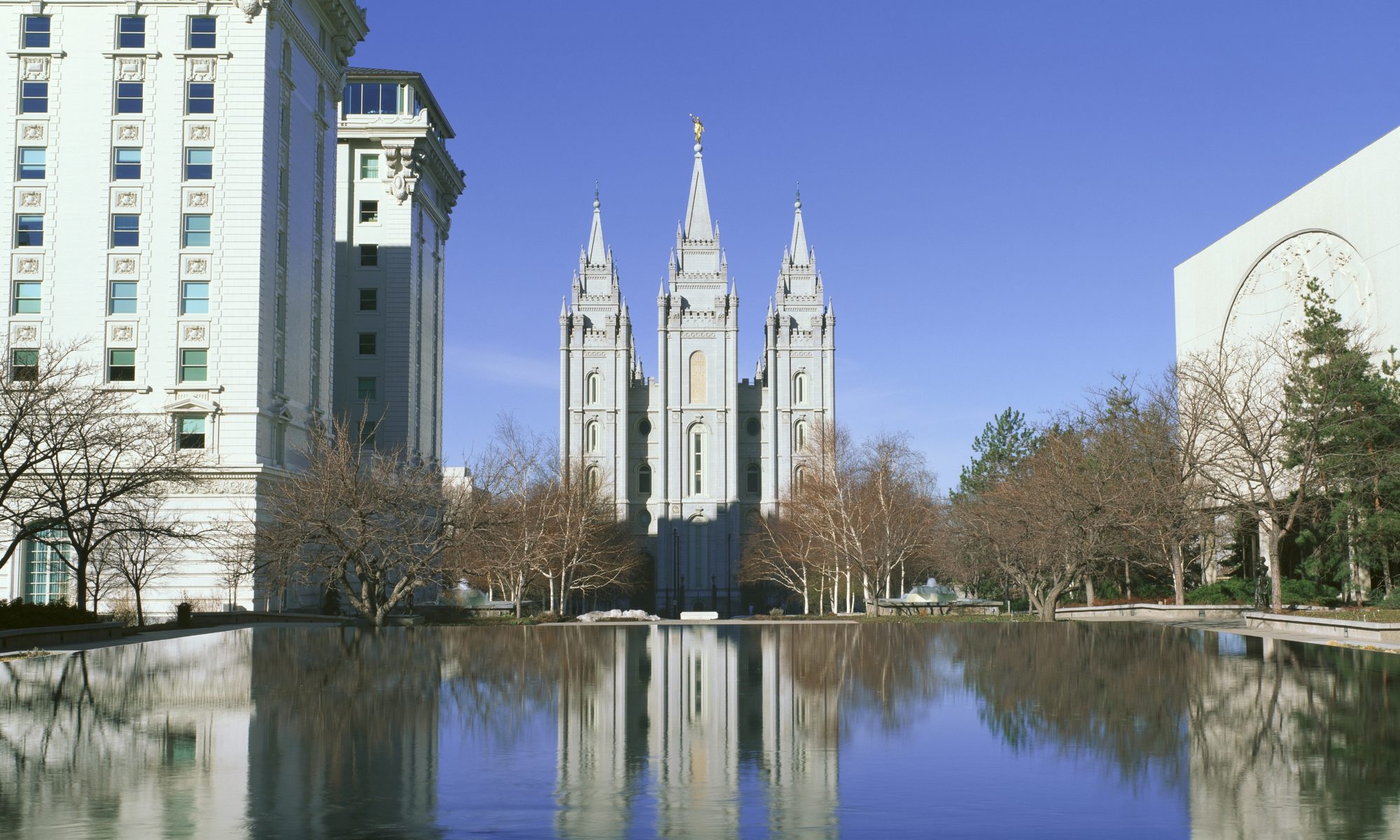With the Church’s recent threat to excommunicate Sam Young, a former LDS bishop who fasted for twenty-three day to protect LDS children from one-on-one bishop interviews with unacceptably explicit sexual questions, we ask:
Members need to evaluate whether the Church of Jesus Christ of Latter-day Saints is operating as a church or as a corporation. If a church’s decisions are based solely on preserving the church’s wealth, image, or power at the expense of women and children, it is acting as a corporation. If it is serving the least among us, including the sick, poor, displaced, elderly, dying, or the suffering, it is acting as a church.
Our church does much to help those who are suffering, but it can do much more, especially in giving generously of its tithes to help the destitute–in homeless shelters, refugee camps, the starving, malnourished, those who have no access to clean water, health care, and housing. Almost half of the world is living in situations that can be considered as destitute.
Based on current LDS Church income, about .07 percent of its income or $50 million goes to humanitarian projects each year. Although the Church does much to provide food and clothing for its neediest members, The Church can do much more to help those throughout the world who need humanitarian relief.
Consider the wise counsel of Brene Brown, who wrote, ““When the culture of any organization mandates that it is more important protect the reputation of a system and those in power than it is to protect the basic human dignity of the individuals who serve that system or who are served by that system, you can be certain that the shame is systemic, the money is driving ethics, and the accountability is all but dead.”
The LDS Church must make love its driving ethic, not money. It must protect the human dignity of all who serve in the Church or who are served by the Church. It must make its highest priority the protecting its children, not increasing its corporate power.
The leaders of the Church will discover that as they seek to love and protect all of its members, including its children, it will become a greater force for good throughout the world. It will become all that God intended it to be.
We trust and pray that this will happen soon.
“But Jesus said, Suffer little children, and forbid them not, to come unto me: for of such is the kingdom of heaven.” Matthew 19:14 KJV
“If anyone causes one of these little ones–those who believe in me–to stumble, it would be better for them to have a large millstone hung around their neck and to be drowned in the depths of the sea.” Matthew 18: 6 NIV
“Take heed that ye despise not one of these little ones; for I say unto you, That in heaven their angels do always behold the face of my Father which is in heaven.” Matthew 18:10 KJV
